The Do's And Don'ts Of Using Generators During A Hurricane
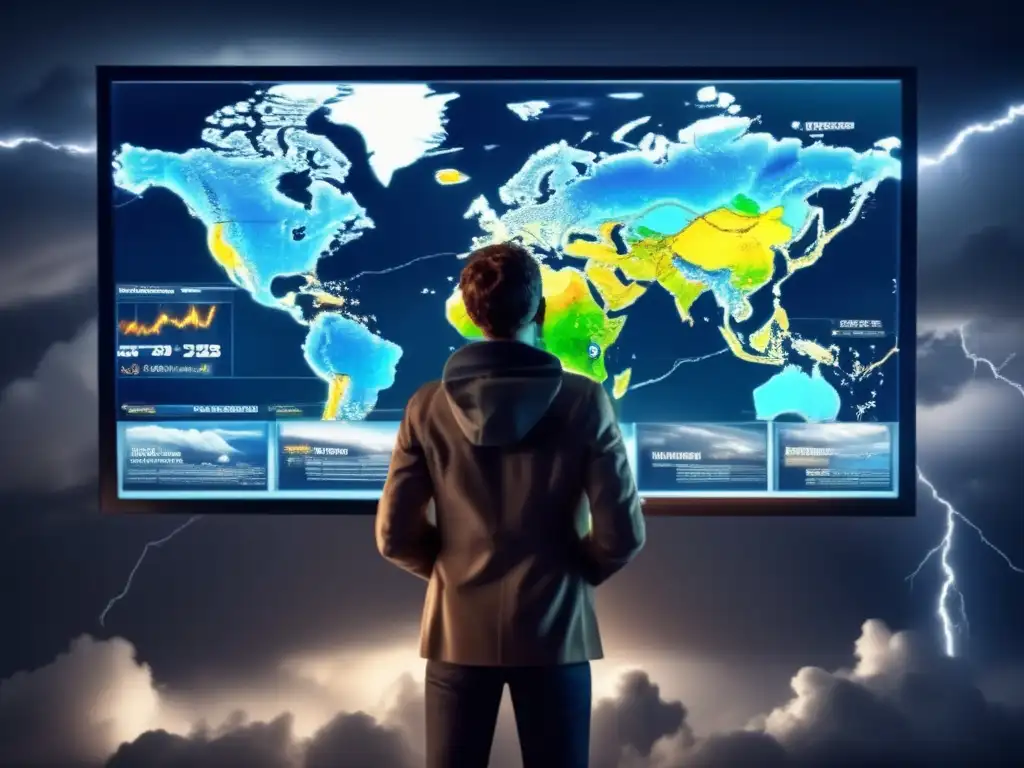
The Do's and Don'ts of Using Generators During a Hurricane
Introduction
One of the biggest challenges during a hurricane is power outages. As a result, many people resort to using generators as a source of temporary electricity. While generators can be incredibly useful, they can also be dangerous if not used correctly. In this article, we will explore the dos and don'ts of using generators during a hurricane to keep you and your loved ones safe.
Choosing the Right Generator

Generator Wattage
Before purchasing a generator, it's important to determine how much wattage you will need. A generator's wattage determines how much electrical power it can produce. Start by making a list of the appliances and electronics that you will want to power during an outage. Then, calculate their total wattage and purchase a generator that can produce at least that much wattage. Be sure to leave some extra headroom in case you need to power additional items.
Portable vs. Standby Generators
There are two types of generators: portable and standby. Portable generators are designed to be moved around and are typically powered by gasoline. They're great for powering small appliances or electronics. However, if you need to power your entire home, a standby generator is the way to go. Standby generators are permanently installed outside your home and run on natural gas or propane. They can power your entire home and turn on automatically in an outage.
Location
When using a generator, it should be placed at least 20 feet away from your home and should never be used indoors or in an enclosed space such as a garage or basement. Generators produce carbon monoxide, which is a deadly gas that can build up and cause serious health issues or even death.
Generator Safety
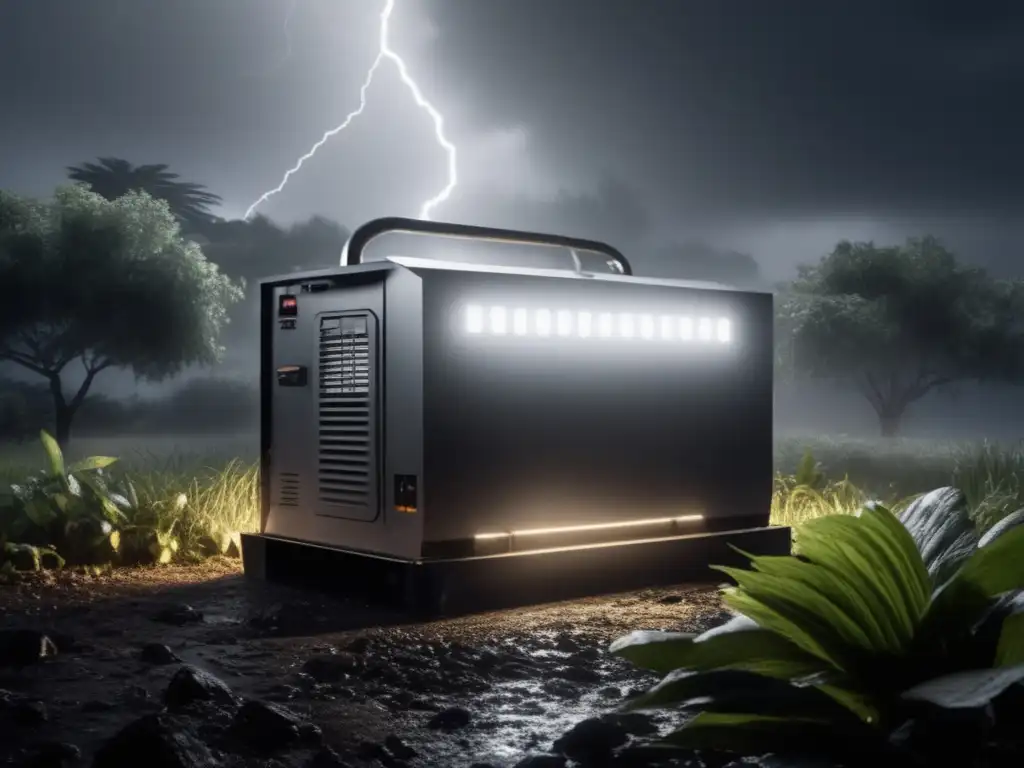
Never Refuel a Hot Generator
Refueling a generator can be dangerous, especially if it's hot. Gasoline is highly flammable and can ignite if it comes into contact with hot engine parts or exhaust. Before refueling your generator, turn it off and let it cool down for at least 15 minutes.
Keep the Generator Dry
Generators should always be kept dry to avoid electrical shock and damage to the machine itself. If possible, keep your generator under a canopy or other shelter during use. If using a portable generator, make sure it's placed on a dry surface.
Use Heavy-Duty Extension Cords
When connecting appliances or electronics to your generator, use heavy-duty extension cords that are designed for outdoor use. This will reduce the risk of electrical shock and prevent damage to your appliances.
Maintaining Your Generator
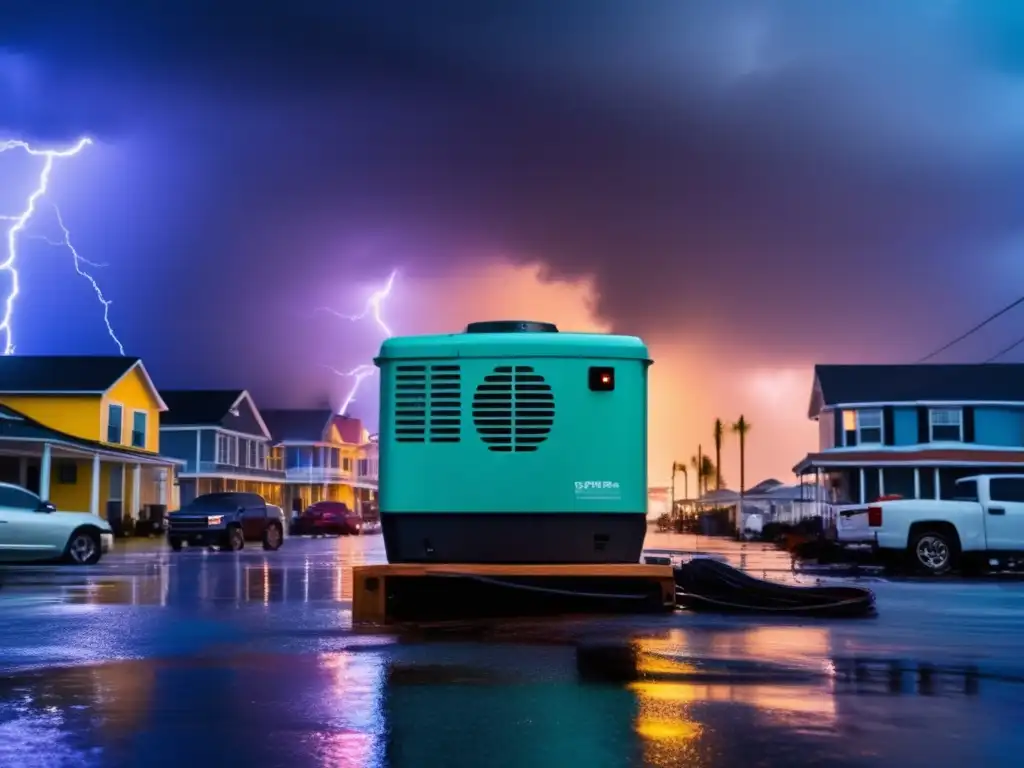
Regular Maintenance
Like any machine, generators require regular maintenance to function properly. Follow the manufacturer's recommendations for oil changes, filter replacement, and other maintenance tasks. Also, make sure to run your generator at least once a month to keep it running smoothly.
Store Fuel Properly
Gasoline should be stored in an approved container in a cool, dry place away from any ignition sources. Be sure to label the container with the date of purchase and add fuel stabilizer if you plan on storing it for more than a few months.
Get Professional Help for Repairs
If your generator needs repairs, don't attempt to fix it yourself unless you're trained and qualified to do so. Instead, seek the help of a professional repair technician.
Frequently Asked Questions

-
Can I use a generator indoors?
No. Generators should never be used indoors or in an enclosed space due to the risk of carbon monoxide poisoning.
-
What type of extension cords should I use with my generator?
Use heavy-duty extension cords that are designed for outdoor use to reduce the risk of electrical shock and prevent damage to your appliances.
-
How far away should my generator be from my home?
Your generator should be placed at least 20 feet away from your home to avoid carbon monoxide buildup.
-
Can I refuel my generator while it's still running?
No. Refueling a hot generator can be dangerous and can lead to gasoline igniting on hot engine parts or exhaust. Always turn off the generator and let it cool down before refueling.
-
Do I need a permit to install a standby generator?
Check with your local building department to see if a permit is required before installing a standby generator.
Conclusion
Using a generator during a hurricane can be incredibly useful when power outages occur. However, it's important to choose the right generator, follow safety guidelines, and maintain your generator properly to keep you and your loved ones safe. Remember to never use a generator indoors, keep it dry, and always use heavy-duty extension cords. By following these tips, you can be prepared for power outages and keep your family comfortable during a hurricane.
Living in a hurricane-prone area can be challenging, but with the right knowledge and preparation, you can stay safe and secure during a storm. We hope that this article has provided valuable information about using generators during a hurricane. If you have any questions or comments, please leave them in the section below. Don't forget to subscribe to HurricaneInsider.org for more informative articles on hurricanes and other weather-related topics.
Additional Resources
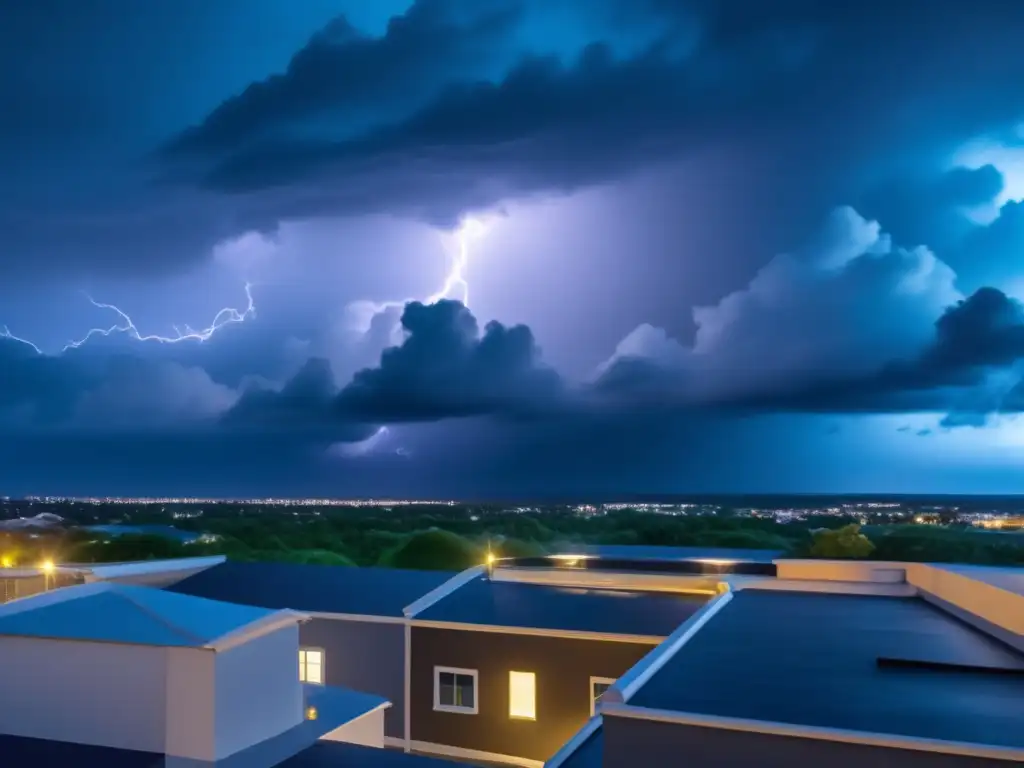
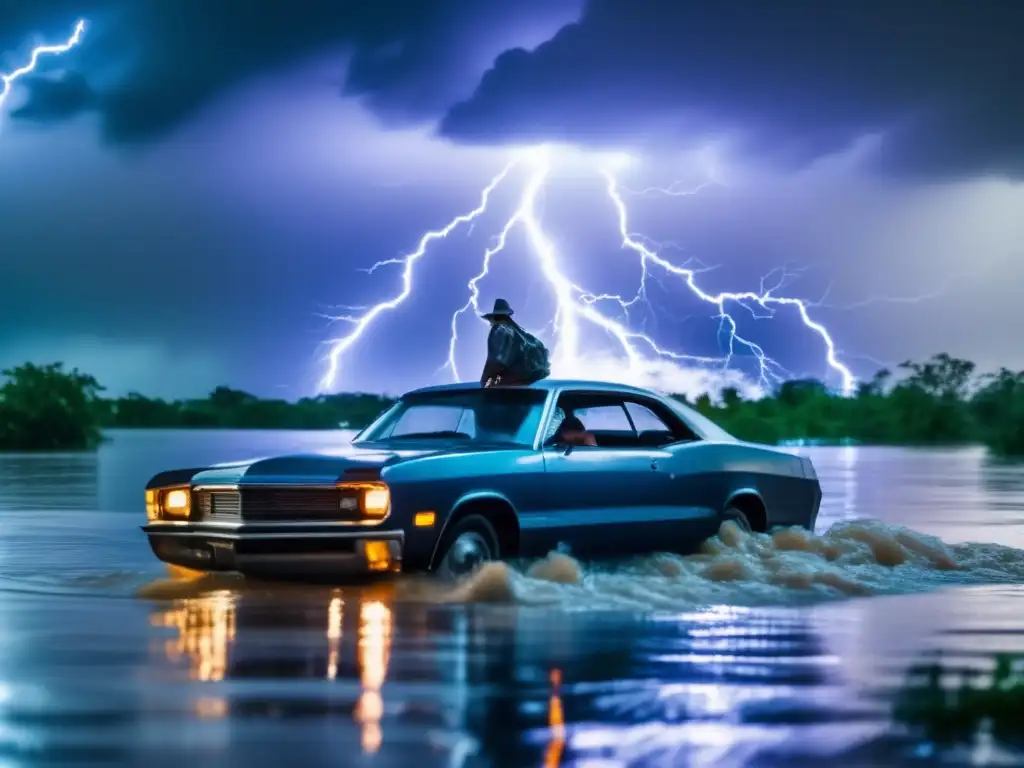 Flood Safety: Navigating Floodwaters During A Hurricane
Flood Safety: Navigating Floodwaters During A Hurricane Safety Measures For Pets During A Hurricane
Safety Measures For Pets During A Hurricane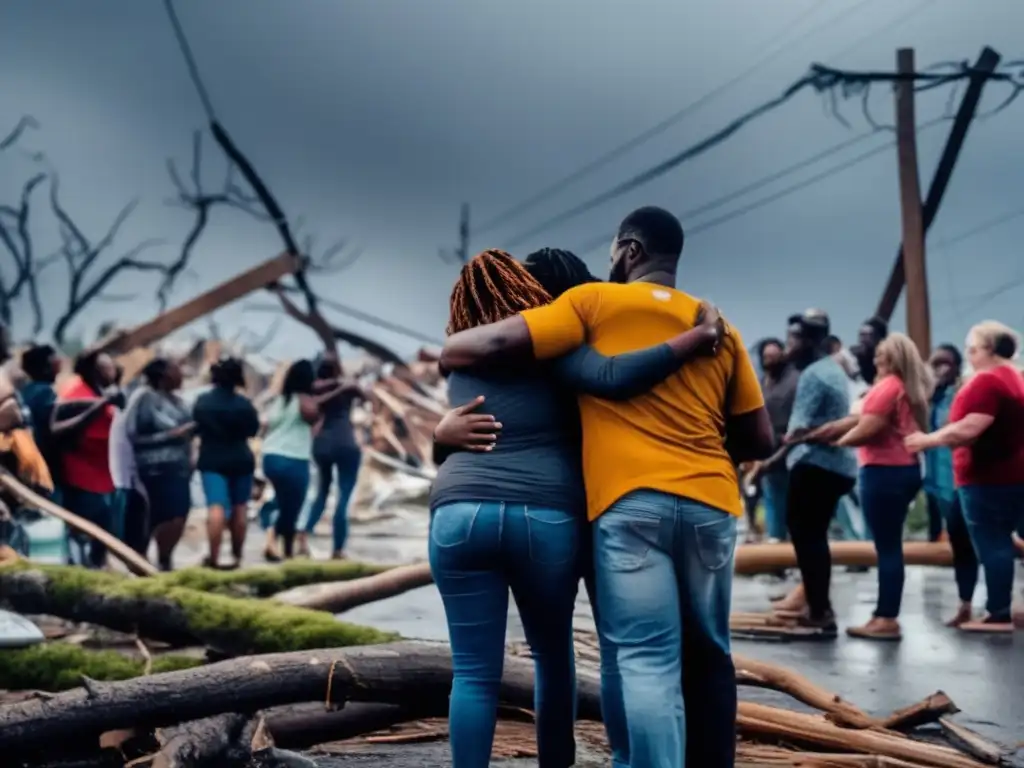 Helping Your Neighbors: Community Solidarity During A Hurricane
Helping Your Neighbors: Community Solidarity During A HurricaneIf you want to discover more articles similar to The Do's And Don'ts Of Using Generators During A Hurricane, you can visit the During the hurricane: category.
Leave a Reply

Articulos relacionados: